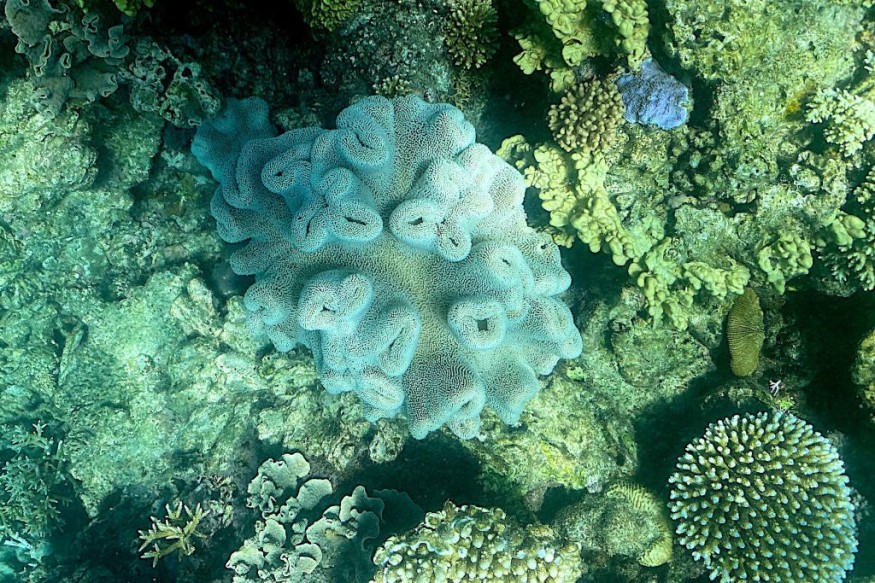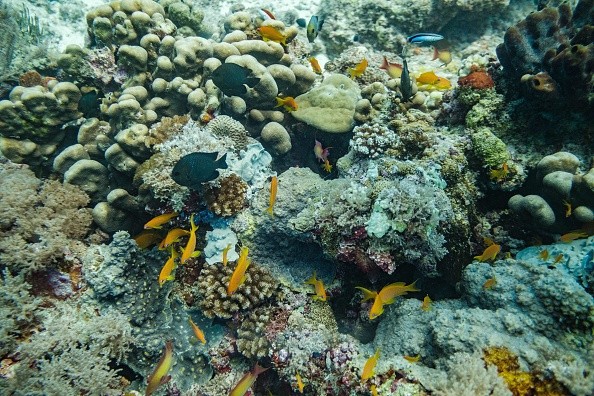A new study warns that climate change harms species' capacity to communicate through smells and other chemical cues.

The findings of the study were published in the journal Global Change Biology.
Critters may use this sort of communication for mating and communicating with one another and seek predators, food, and habitats and feel their surroundings.
It's the first time scientists have shown that climate change has a comparable effect on relationships between creatures in various domains.
They added a 'wake-up call' and warned that the 'language of life' was in danger.
The new opinion piece demonstrates how changes in temperature, carbon dioxide, and pH levels, all caused by climate change, may impact every stage of how organisms interact chemically.
The researchers said that these mechanisms govern interactions in Earth's ecosystems and are critical to our environment.
Dr. Patrick Fink, co-author and study group head at the Helmholtz Centre for Environmental Research, said, "Chemical communication is the omnipresent language of life on Earth - yet this is being jeopardized by global change."
Underwater Communication

Because aquatic species cannot communicate using words, they must rely on chemical messages.
'However, this finely honed "language" is in jeopardy. Acidification is a problem posed by changing temperature and water chemistry, which might disrupt chemical information transmission between freshwater and marine species.'
Ladybeetle larvae create twice as much chemical information at 77°F (25°C) as at 59°F (15°C), according to the researchers.
As a result of disrupted olfactory receptor activation, abrupt changes in ambient temperature might hasten pheromone degradation and diminish pheromone detectability by insects, scientists added.
Individuals' capacity to locate each other at a distance and select possible mates may be harmed due to these interruptions in chemical communication.
Familial Coordination
The researchers also described how marine crustaceans and mollusks use peptides to coordinate care for their offspring and choose optimal nesting sites.
However, a pH variation of merely 0.4 units affects these peptides.
Experts say that lower pH causes female Carcinus maenas crabs to demonstrate less egg-ventilation behavior due to their changed behavioral reactions.
The study also discovered that increased CO2 levels harm sea bass's olfactory system.
The University of Hull, Plymouth Marine Laboratory, Universite de Liege, and the Helmholtz Centre for Environmental Research GmbH - UFZ collaborated on the study.
It summarizes existing information and knowledge from the marine, freshwater, and terrestrial ecosystems.
'However, despite the different stressors, this new approach indicates that the impacts we discovered in terrestrial systems are surprisingly similar to those in other systems at the mechanistic level.'
In Need of a Systematic Framework
The authors advocated for a systematic, universal framework approach to overcome the observed knowledge gaps.
"This article is a wake-up call,' said Dr. Christina C Roggatz, a research fellow in marine chemical ecology at the University of Hull and the report's principal author. The Earth's ecosystems and the chemical communications that control them are extremely important to us."
For more Environmental News, don't forget to follow Nature World News!
© 2025 NatureWorldNews.com All rights reserved. Do not reproduce without permission.





